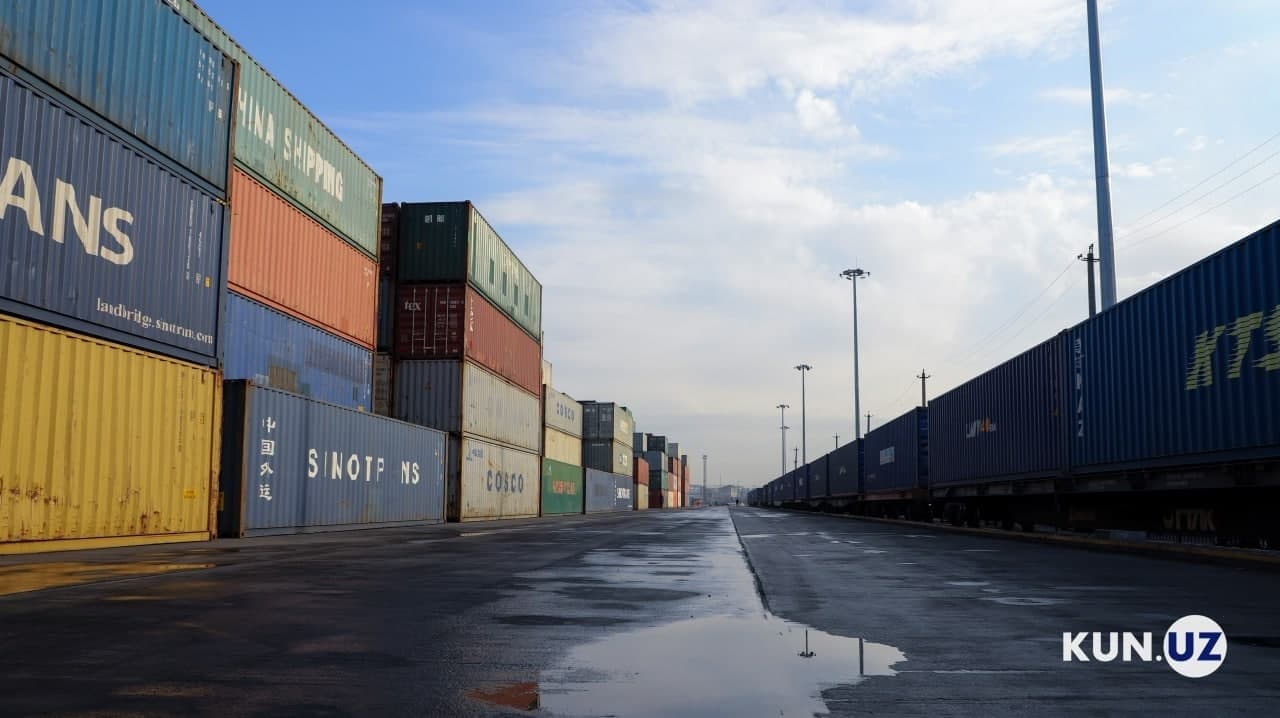On February 12, Otabek Tojiddinov, the Director of the Currency Regulation and Payment Balance Department at the Central Bank, explained during a media dialogue that the fallout from the US-China trade war would also affect Uzbekistan, given China’s role as one of its key trade partners. He highlighted the decline in Uzbekistan's exports to China, coupled with the rise in Chinese imports into Uzbekistan, as an example of the impact.
He noted that a similar situation unfolded during Donald Trump's first presidential term. In 2018, the US imposed tariffs on Chinese aluminum and steel, prompting China to retaliate with tariffs on American goods.
"In 2019, Uzbekistan's exports to China fell by 22%, while imports rose by 34%. This suggests that when China struggles to fully export to the US, it turns to alternative markets, with Uzbekistan being one of them. One possible outcome is an increase in the trade balance deficit," Tojiddinov stated.
However, the growing influx of Chinese imports into Uzbekistan and other Central Asian countries could lead to an uptick in transportation and logistics services, which could help offset some of the trade deficit.
The Central Bank official stressed that the regulator has not yet conducted a detailed analysis of the potential consequences of the US-China trade war. The full impact will likely become clearer after at least one quarter, he added.
In early February, US President Donald Trump imposed new tariffs on China, Canada, and Mexico, accusing them of drug trafficking and illegal immigration. While the tariffs for Canada and Mexico were delayed for a month, those on China took effect on February 4.
In response, Beijing imposed 15% tariffs on US coal and LNG, 10% tariffs on oil, agricultural machinery, and cars, and restricted exports of strategic metals, including tungsten.
This week, the US announced it would implement 25% tariffs on steel and aluminum imports, with no exceptions, starting March 4. These new measures aim to support the American steel industry.






